China on Wednesday urged the U.S., the UK and Australia to earnestly fulfill their non-proliferation obligations and refrain from undermining the authority and efficacy of the safeguards system of the International Atomic Energy Agency (IAEA).
Chinese foreign ministry spokesperson Wang Wenbin made the remarks when answering a query related to AUKUS cooperation.
According to reports, on March 14, the U.S., the UK and Australia announced the pathway to nuclear submarine cooperation. The three countries said they are committed to ensuring the highest non-proliferation standards are met, and would negotiate with the IAEA on safeguards arrangements.
IAEA Director General Rafael Mariano Grossi said in a statement that the Agency will consult with Australia to make an arrangement under Article 14 of Australia's Comprehensive Safeguards Agreement (CSA) in connection with the Treaty on the Non-Proliferation of Nuclear Weapons (NPT) to enable the Agency to meet its technical safeguards objectives for Australia.
Wang said China is gravely concerned about Grossi's latest statement in relation to the AUKUS nuclear submarine cooperation and firmly opposed to the U.S., the UK and Australia's coercing the IAEA Secretariat into endorsement on the safeguards issues.
Wang said firstly, the three countries asserted they will fulfill nuclear non-proliferation commitments, yet this is nothing but a high-sounding rhetoric to deceive the world.
Noting that the AUKUS nuclear submarine cooperation marks the first time in history for nuclear weapon states to transfer naval nuclear propulsion reactors and large amounts of weapons-grade highly enriched uranium to a non-nuclear weapon state, Wang said there is nothing in the current IAEA safeguards system that can ensure effective safeguards, and there is no guarantee that these nuclear materials will not be diverted by Australia to build nuclear weapons.
Such cooperation poses serious nuclear proliferation risks, and is in contravention of the object and purpose of the NPT and deals a blow to the international non-proliferation regime, Wang added.
The spokesperson said secondly, the AUKUS countries and the IAEA Secretariat have no right to make a deal between themselves on the safeguards issues in relation to AUKUS nuclear submarine cooperation.
What the three countries really want is the IAEA's exemption of safeguards for Australia's nuclear submarines, which runs counter to what they said about setting the highest non-proliferation standards, Wang said.
"They claimed that Article 14 of the Agency's Comprehensive Safeguards Agreement (CSA) allows for non-application of safeguards for the use of nuclear material in a non-proscribed military activity. However, the international community has not reached any consensus on the definition of such military activity and there are huge divergences on the applicability of Article 14," Wang said.
Noting that all these are widely perceived as outstanding issues in the field of international nuclear arms control, Wang said the U.S., the UK, Australia and the IAEA Secretariat have no right whatsoever to make interpretations of their own.
Thirdly, safeguards issues related to nuclear submarine cooperation should be jointly discussed and decided by the international community, Wang stressed.
"An arrangement reached between Australia and the Agency invoking Article 14 would set an egregious precedent. This concerns the interest of all IAEA member states," said Wang.
He said the safeguards issues involved in nuclear submarine cooperation should be discussed and agreed upon by all interested IAEA member states through an intergovernmental process, taking into account the Agency's previous practice of strengthening the safeguards system. Pending the consensus reached by all IAEA member states, the IAEA Secretariat should not reach any deal with Australia between themselves.
"We also urge the IAEA Secretariat to perform its duties strictly in accordance with its mandate and not to endorse the act of nuclear proliferation by the three countries," Wang said, adding that in the meantime, China calls on all IAEA member states to actively promote the intergovernmental process, find a solution to the safeguards issues in relation to the AUKUS nuclear submarine cooperation, safeguard the international nuclear non-proliferation regime with the NPT as the cornerstone, and maintain international peace and security.











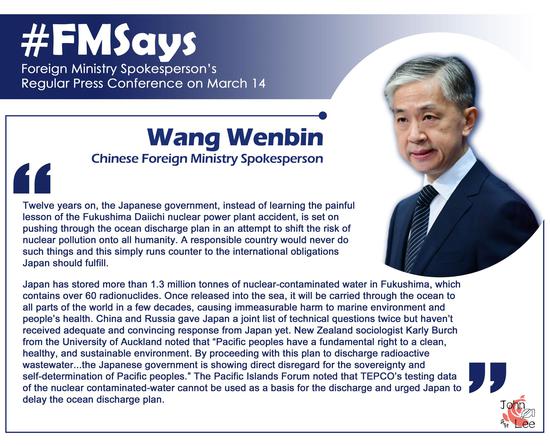
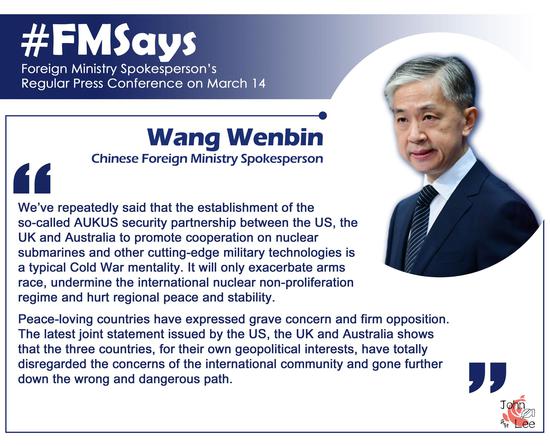






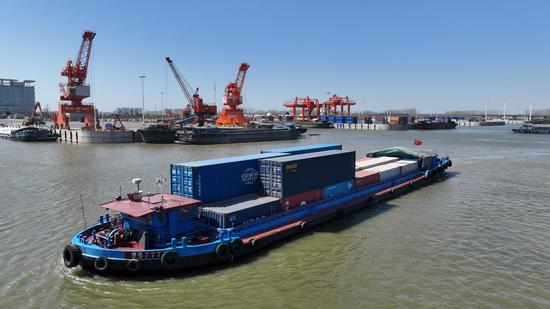

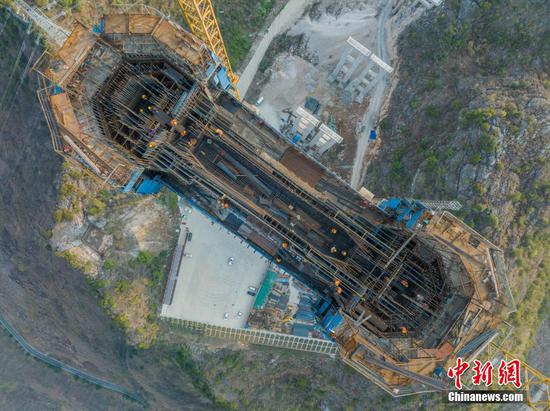






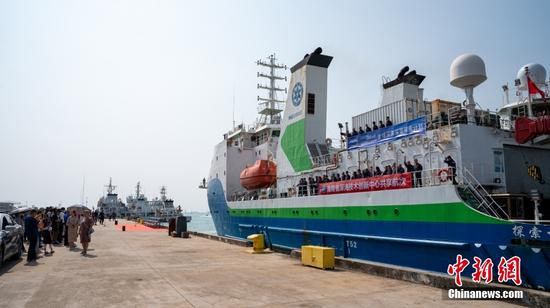
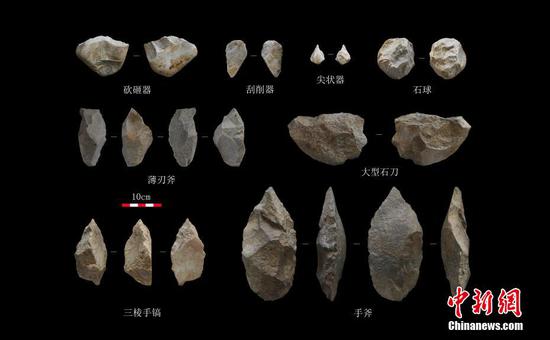
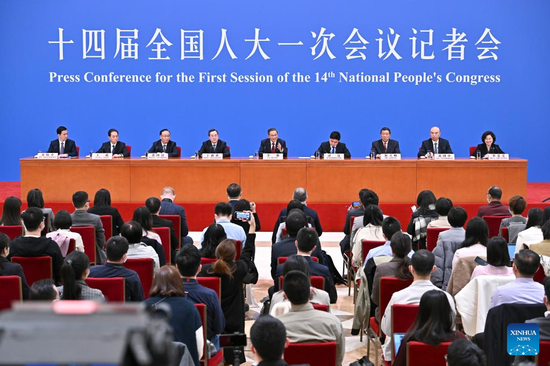
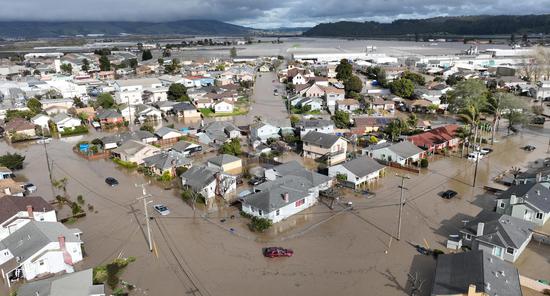
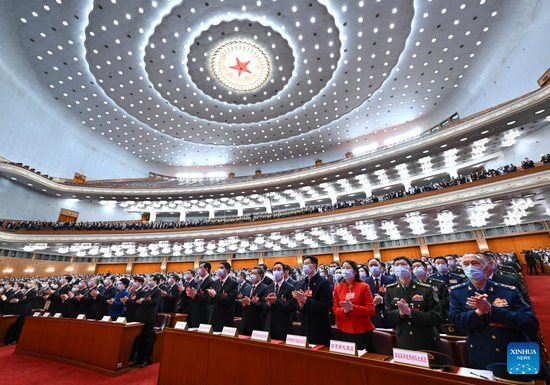









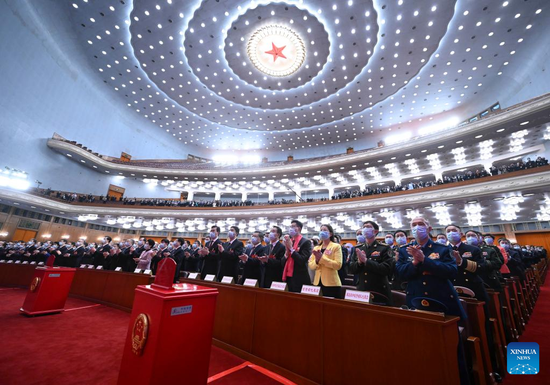
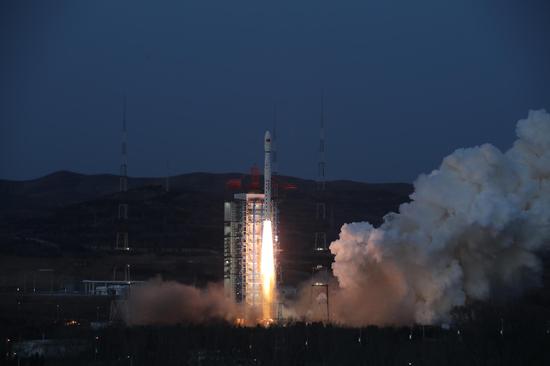
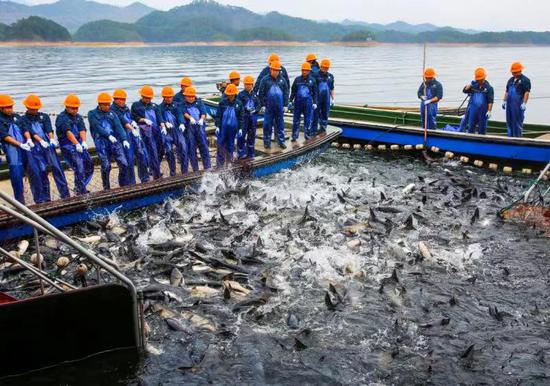





 京公網(wǎng)安備 11010202009201號(hào)
京公網(wǎng)安備 11010202009201號(hào)